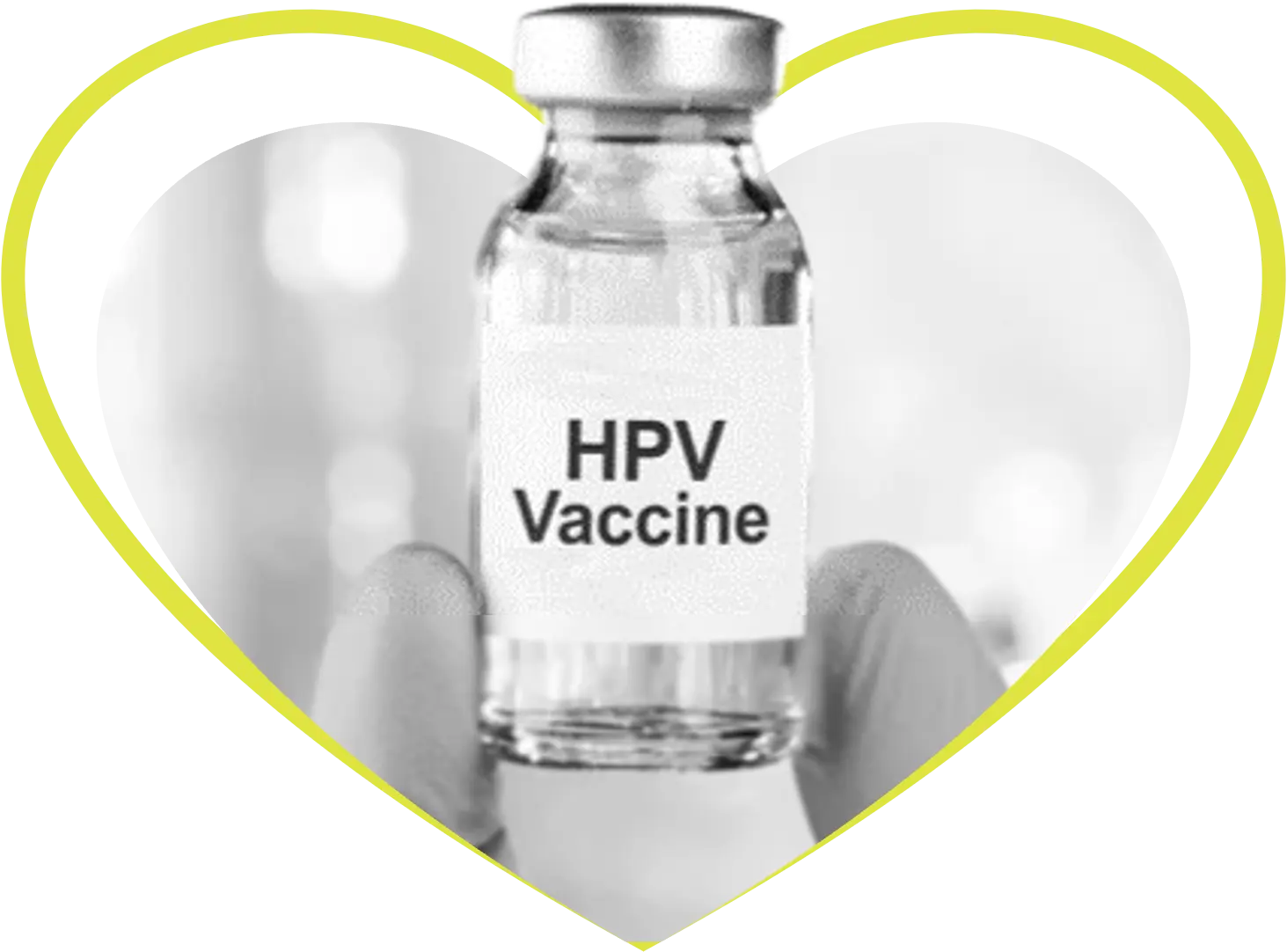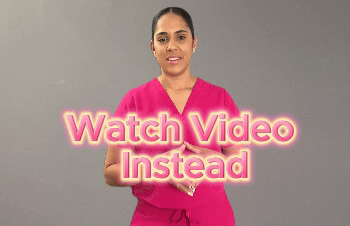Are you worried about the unknowns of HPV affecting your peace of mind, or concerned about potential health risks it poses? Understanding what HPV is can be vital to safeguarding your health and wellbeing. With our all-female team of healthcare providers focusing on women’s health, we’ll help unravel the basics of HPV, sharing how you can protect yourself and highlighting the benefits of essential screenings. Stick around for an exclusive tip on proactive communication with your healthcare provider.
Key Takeaways
- HPV is a group of over 200 related viruses, some causing serious health issues.
- Transmission is primarily through intimate skin-to-skin contact.
- Important screenings, like Pap smears, can detect early signs of potential cancers.
- The HPV vaccine is highly effective in preventing many HPV-related diseases.
- Open dialogue and safe sexual practices further reduce transmission risks.
What is HPV? Understanding the Basics
Human papillomavirus, or HPV, describes a group of more than 200 related viruses. While many types don’t cause problems and often resolve on their own, some strains can lead to health issues like genital warts and certain cancers. This virus is prevalent, with millions of new cases each year, so understanding HPV and how to prevent it is vital to reduce risks.
How is HPV Transmitted?
The virus primarily spreads through intimate skin-to-skin contact, most commonly during sexual activity. It’s also possible to share it in other ways. Many individuals are unaware they have HPV, as the virus typically doesn’t present symptoms. This is why we emphasize the importance of regular screenings and check-ups. Prioritizing open conversations with your healthcare provider is a proactive approach to maintaining your health.
Recognizing Symptoms of HPV
Often, HPV remains symptomless, but if symptoms do manifest, they can include:
- Genital warts, which differ in size and appearance
- Growth of warts in the airway, a condition known as respiratory papillomatosis
More worrying are strains known to cause cancers, such as cervical cancer. This highlights the importance of regular Pap smears and HPV testing, which are essential tools for early detection and timely intervention.
HPV and Cancer Risks
Certain high-risk HPV strains are connected to different cancers, with cervical cancer being prominent. These strains can also lead to cancers of the vulva, vagina, anus, penis, and throat. This connection makes vaccination crucial for prevention. The HPV vaccine effectively guards against the most common cancer-causing strains and is recommended for both girls and boys before they become sexually active.

Understanding the HPV Vaccine’s Role
Vaccination is a cornerstone in reducing the occurrence of HPV-related diseases. Administering the vaccine at ages 11 or 12 offers the best protection, though it can begin at age 9. It’s available until age 26 for those who missed earlier doses. We strongly advocate for vaccination, as it’s a proven method to shield against various HPV strains.
Screening and Prevention Techniques
Regular screening can detect early signs and prevent complications:
- Pap Smears: Checks for unusual cells in the cervix that might indicate cancer or precancerous changes due to HPV.
- HPV Testing: Identifies the virus’s presence, guiding health decisions.
These screenings should be a part of your routine health assessments every few years, tailored to your age and health history.
Practicing Safe Sexual Health
Adopting healthy sexual habits can further reduce transmission. Using condoms and dental dams during sexual activities provides some protection, though not complete. Limiting the number of sexual partners can lower risk. Dialogues about sexual health with partners encourage mutual understanding and promote health.
Concerns About HPV
It’s common to feel worried about an HPV diagnosis, but remember, most HPV types self-resolve. For those with ongoing infections, treatments like topical medications and minor surgical methods effectively manage symptoms. Our mission is to empower women through education and resources. If you’re concerned about HPV, consulting your healthcare provider can provide reassurance and crucial steps.
People Also Asked...
Still have questions?
Don't worry, you are not alone. Remember that we are here to help and support you. Your well-being is important to us, and we're committed to assisting you through any challenges you may be facing. Besides, having questions is a good and healthy thing! Check out our additional resources below:
- Prefer reading? Here's an article from NIH (National Institutes of Health) on the matter.
- Rather watch or listen? Here's a video of Nelly, one of our esteemed providers, discussing the topic.
- For general questions? Reach us via any contact methods listed at the bottom of this page (live chat, email, text messages, or call).
- For specific medical questions or advice, it's always best to schedule an appointment.
 TLC’s Video Library
TLC’s Video Library Enjoy countless hours of expert insights, wellness tips, with a dose of inspiration and humor. Your path to a healthier, happier you starts now!

